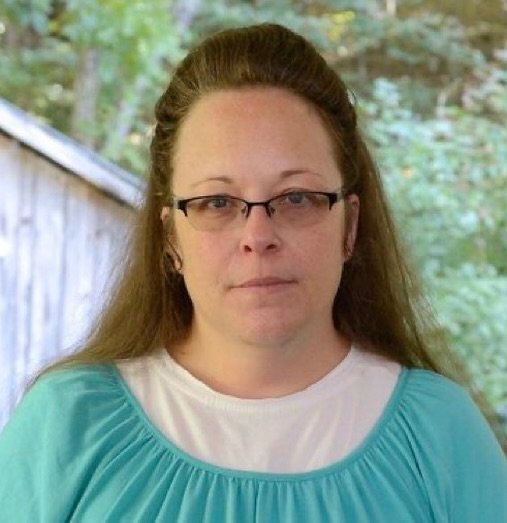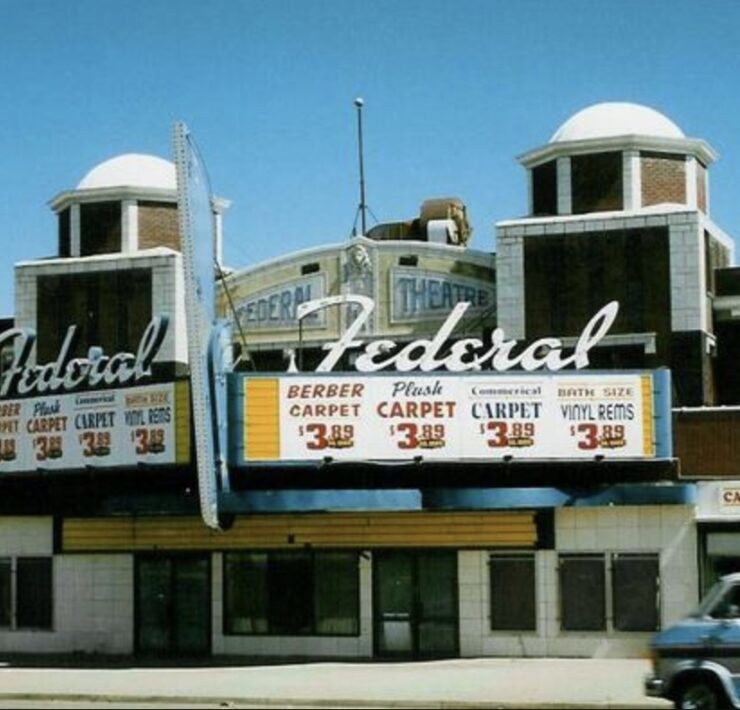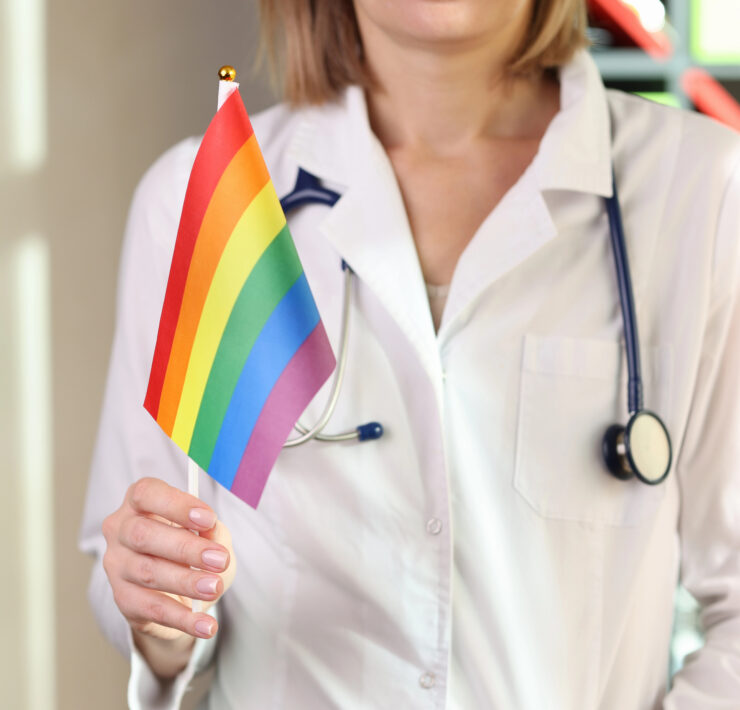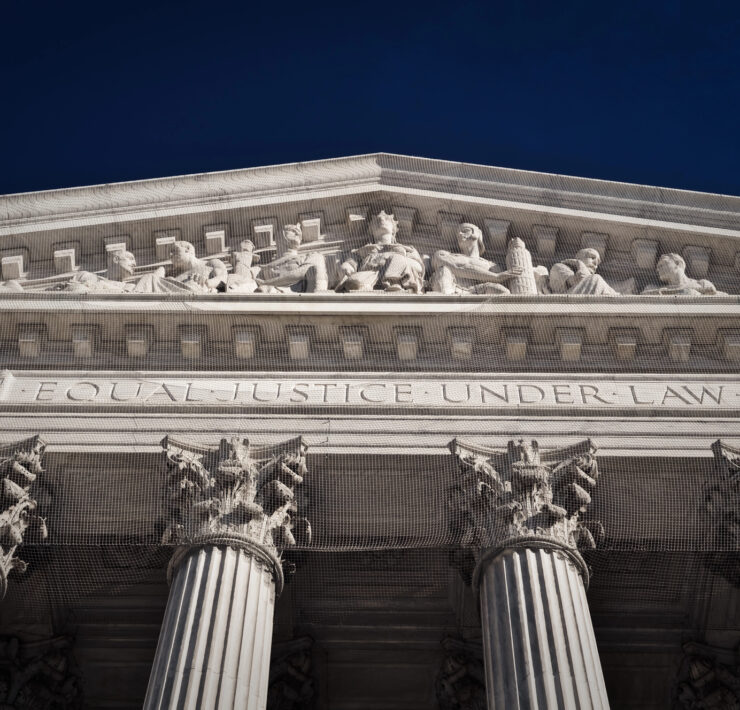Colorado Takes Anti-Discrimination Case to Supreme Court
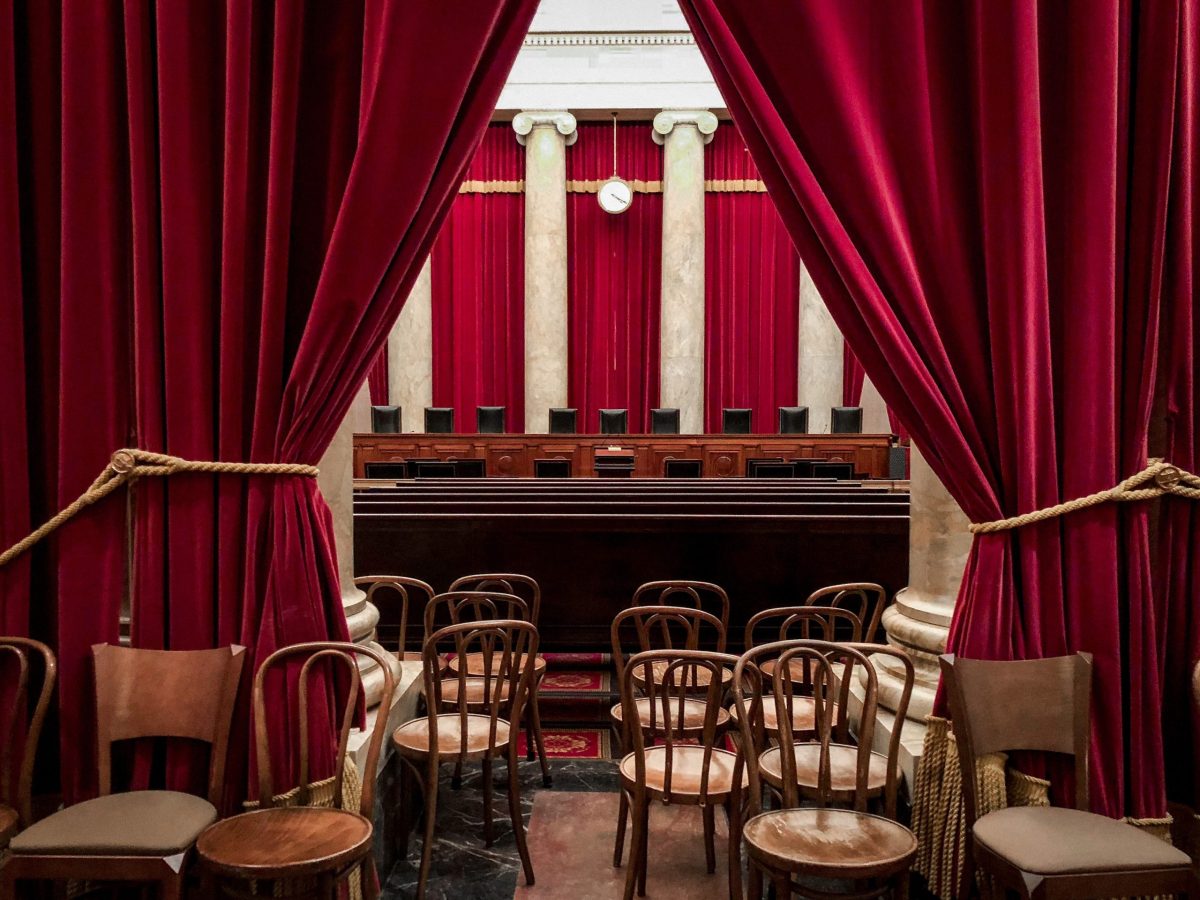
The Colorado Attorney General’s Office is asking the United States Supreme Court to uphold Colorado’s anti-discrimination law. The law is currently being challenged by a Christian business owner who designs websites, including wedding websites, but wants to be able to explicitly note that the service would not be available for same-gender weddings.
The district court upheld Colorado’s Anti-Discrimination Act and the 10th Circuit Court denied an appeal to overturn the ruling. In February, the Supreme Court agreed to hear the case, 303 Creative v. Elenis, and is anticipated to begin hearing oral arguments when the court’s next session begins in October.
In their denial, the district court claims that the owner had not shown an injury to her business because no one had asked her to build a wedding website, and the circuit court states that Colorado was allowed to protect “the dignity interests” of the state’s marginalized residents.
The business owner Lorie Smith began this fight back in 2016 when she first sued under the claim that anti-discriminatory policies prevented her from discriminating against same-gender couples who may wish to hire her for their wedding websites. Smith says her business is intended, “to celebrate and promote God’s design for marriage as an institution between one man and one woman,” and that preventing her from publicly stating so on her website is a violation of her rights.
The issue at stake in the case is whether or not the Anti-Discrimination Act violates the First Amendment by requiring businesses to offer services and goods to all customers.
In the statements from the Attorney General’s Office, it appears that the state is planning to argue that the law is not discriminatory because it does not prevent businesses like Smith’s to profess their views on marriage or any other topic but does not allow them to refuse services based on sexuality or gender.
The case is reminiscent of 2018’s Masterpiece Cakeshop, Ltd. v. Colorado Civil Rights Commission, which ruled that the Civil Rights Commission acted with anti-religious bias against the baker but did not rule on whether or not a baker was required to make wedding cakes for same-gender weddings.
In light of the conservative majority and the recent overturning of Roe v. Wade, there is some uncertainty around this case but legal analysts seem to think the law has a strong chance of being upheld.



